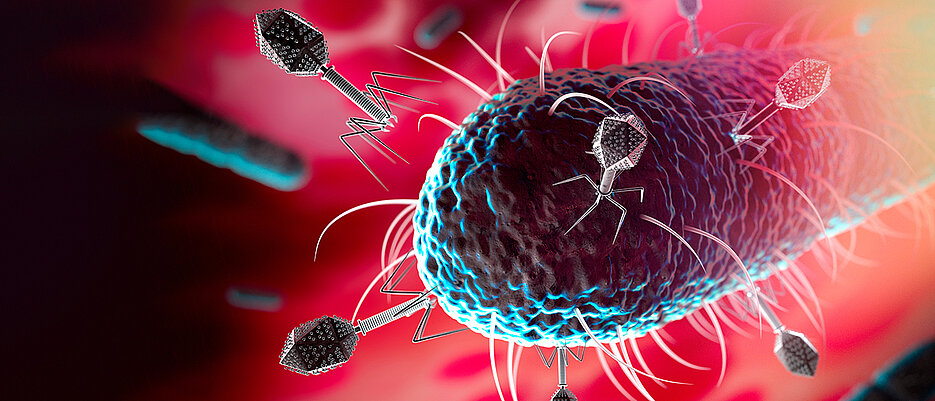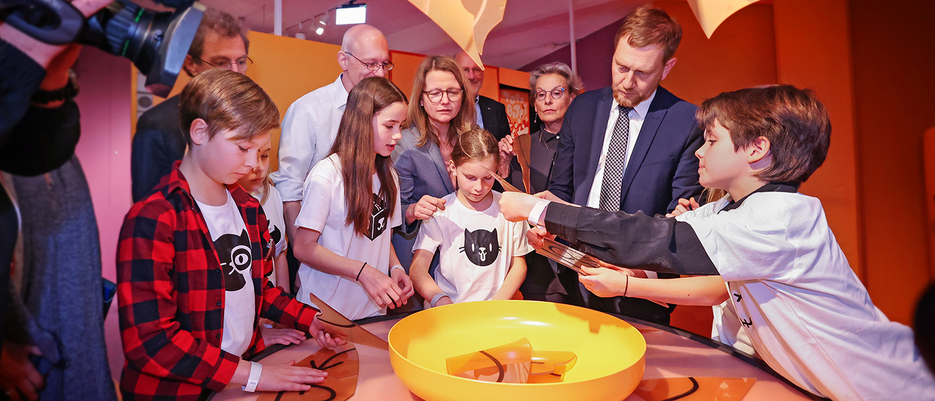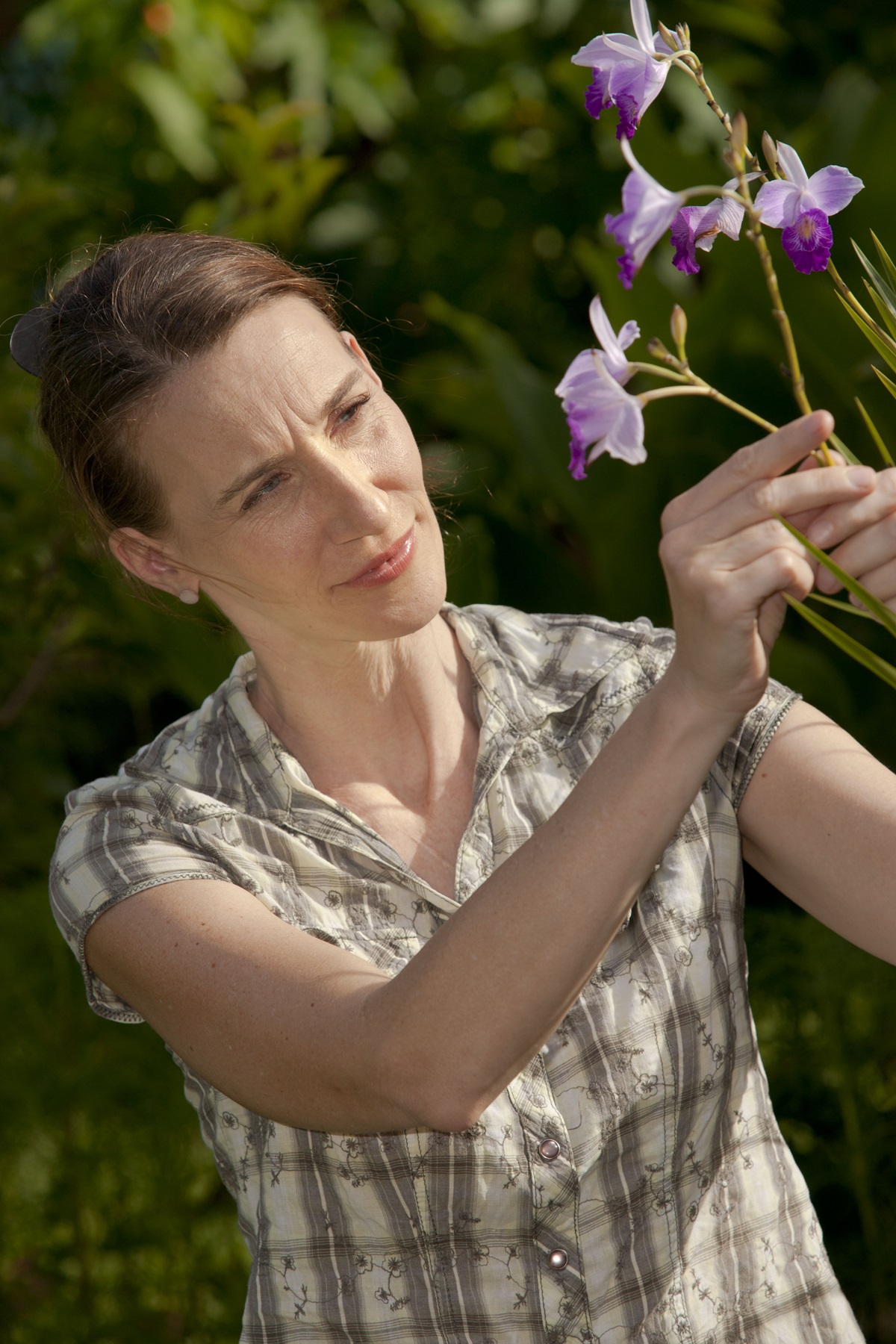The Department of Environment and Science is trialling a new high-tech suspended trap as part of the ongoing fight to control feral pigs.
Ranger in Charge Roger James said feral pigs caused thousands of dollars in damage to walking tracks, roads and mountain bike tracks in our national parks every year.
“They also eat native plants, destroy pasture and crops, and compete with native animals for water, food and shelter,” Ranger James said.
“Feral pigs are highly intelligent, extremely mobile, and breed quickly with sows able to have up to three litters annually.
“Feral pigs are also highly suspicious of many conventional traps, such as corral traps, which means they can be difficult to trap,” Ranger James said.
“DES is trialling a new $25,000 suspended trap – called a Boarbuster – that sits about a metre from the ground.
“Food is placed in the centre of the trap and monitored remotely by live-streaming video.
“When the pigs enter the space around the food, a button is pushed and the trap drops to the ground.
“A recent trial in the Baldy Mountain Forest Reserve captured 18 pigs at just one site.”
Ranger James said the Queensland Parks and Wildlife Service (QPWS) was working on the control program in partnership with GPS Trapping and the Barron Catchment Care organisation through the National Landcare Program.
“Of the 18 feral pigs we recently trapped, 17 were humanely euthanised and one was fitted with a GPS tracking ear-tag supplied by Barron Catchment Care,” he said.
“The ear-tags are small matchbox-sized, solar powered units that can run for up to ten years.
“The GPS tags will allow QPWS and Barron Catchment Care to gather important data on the pig, including where it travels, how quickly it moves and where it finds food.
“The Boarbuster trap is also proving to be effective in areas where we want to avoid catching native animals such as cassowaries, where we do not want to use poisons, and where aerial shooting is not an option.
“The trial is ongoing, and we’re hopeful the new traps will be an effective method of controlling feral pigs in our national parks and state.”








